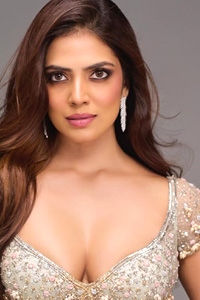Bollywood - no more a man's world


Send us your feedback to audioarticles@vaarta.com


Though films by and about women in Bollywood are numbered, nonetheless, as the world gears to celebrate International Women's Day Tuesday there are a few reasons to cheer for women in the trade.
Strong and articulate women came alive onscreen in movies like "Main Madhuri Dixit Banna Chahti Hoon", "Samay", "Pinjar", "Tehzeeb", "Anaahat" and "Chokher Bali" last year.
For the most part of the last two years, Bollywood has been churning out films that were virtual skin shows - just a few films had strong women characters and a relatively better understanding of female sexuality.
This year, we have already got women-oriented films like "Black" and "Page 3" and women directors are being seen and heard more often.
None other than the grand old man of Bollywood, Yash Chopra, presented his female lead as a relatively strong-willed individual in "Veer Zaara".
While Aishwarya Rai shone in "Shabd", directed by a debutant female director Leena Yadav, this week is one for Vinta Nanda's "White Noise".
After a long gap, viewers are feasting on films that have handled women characters sensitively and boldly.
As Sushmita Sen recently said: "It used to be an industry where actresses were considered props - maybe a vase on the sideboard. Now at last, the vase has reached the centre table."
The films have, however, not been too successful in transforming the original screen-image of the perfect woman - of being the ever-sacrificing, helpless female who has no aspirations, who finds fulfillment only in serving her husband and children.
In fact, some of the commercial hits in the last few years show a decided nostalgia for a traditional way of life where women are the homemakers, says writer S. Raza.
For example, in "Chalte Chalte", an internationally-trained fashion designer meets a truck company owner and marries him. She then ends up spending her time putting his shoes in their proper place.
In "Aitraaz", Akshaye Kumar dumps Priyanka Chopra when she prioritises career over having his child.
In "Main Hoon Na", the woman must don traditional clothes to get her man and a teenybopper in "Ishq Vishq" fasts on 'karva chauth' (a fast observed by married women for their husband's longevity) to entice her boyfriend from the career-oriented independent 'other woman'.
The "masala" films ignore the reality that about 26 percent women in urban and rural India work (2001 census).
Instead, our films are increasingly depicting heroines only as homemakers, albeit educated ones, according to Raza.
At the most, they are "allowed" professions like doctors, teachers and journalists. But in general, the heroines are college-going teenyboppers who settle down to matrimony by the end of the film.
Take the latest Bollywood offering "Bewafaa", in which Kareena sacrifices the love of her life to marry the husband of her deceased sister.
The Dharmesh Darshan film got bad reviews, but the opening can be termed good in Mumbai, Delhi, Uttaranchal and was certainly excellent in Uttar Pradesh, Rajasthan and Gujarat.
The only places where the opening can be called ordinary are east Punjab and other sub territories. Overseas too, "Bewafaa" collected good money.
Clearly, Bollywood film writers need to work harder at catching up with Indian women who have progressed much.
Follow us on Google News and stay updated with the latest!
Comments
- logoutLogout

-

Contact at support@indiaglitz.com




 Follow
Follow


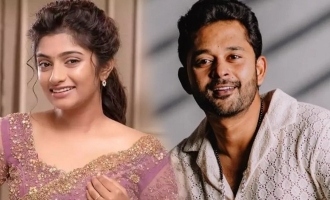



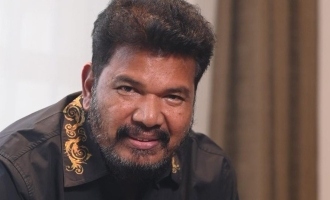
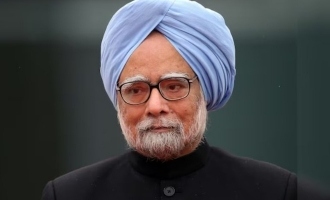
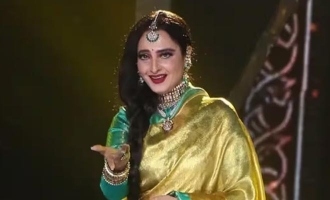
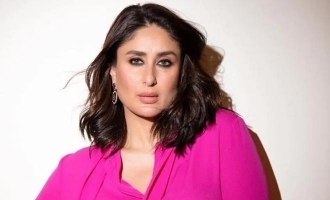
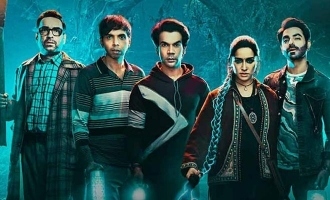
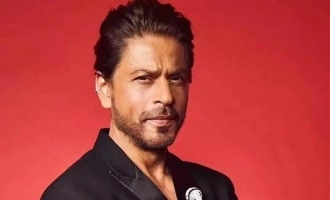
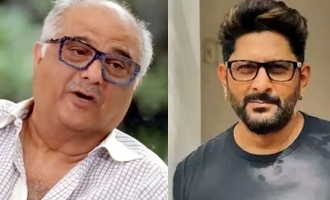
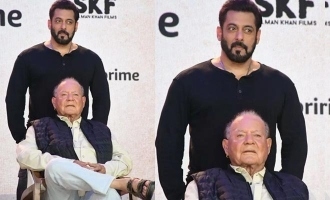
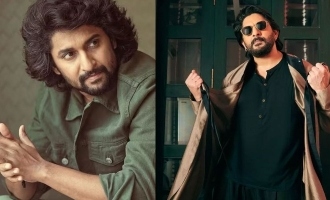
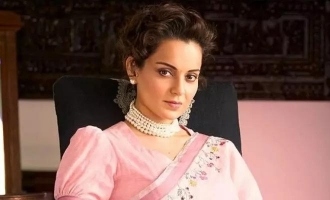
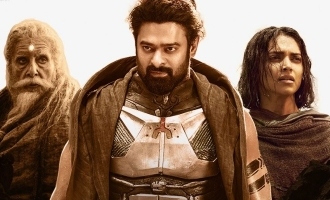
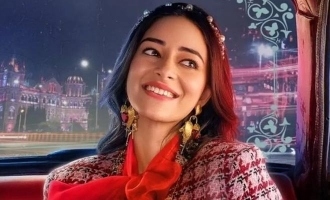
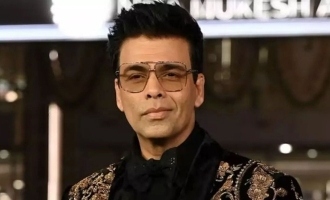

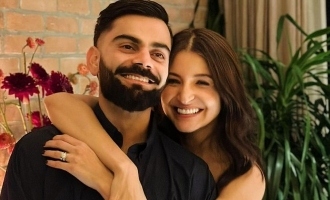

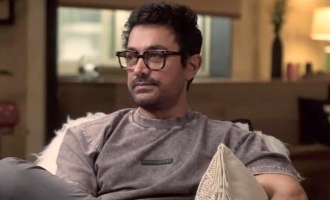
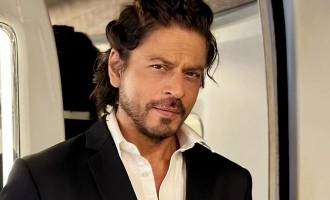
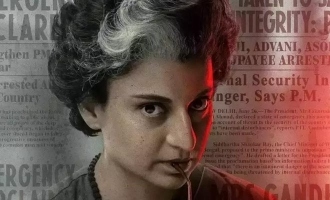
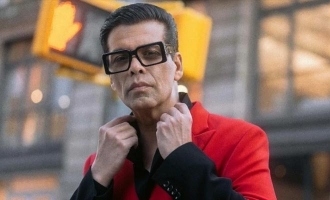
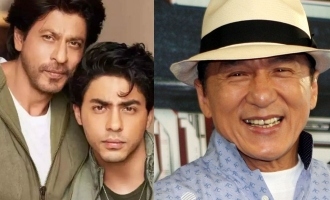
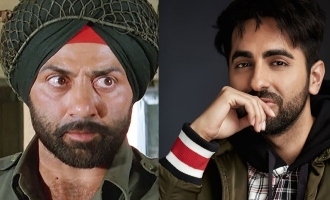
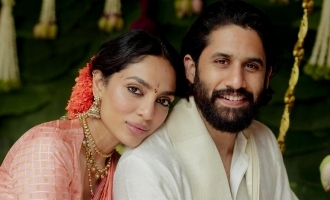

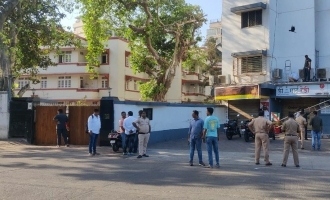
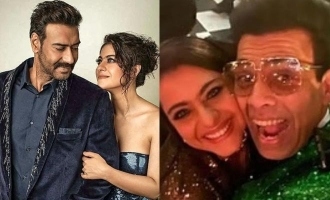

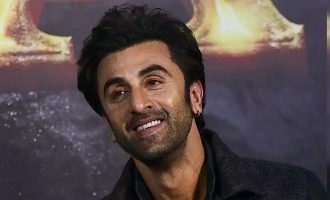
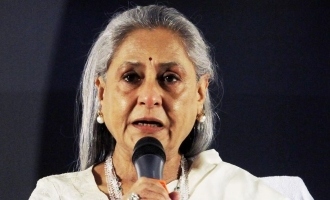
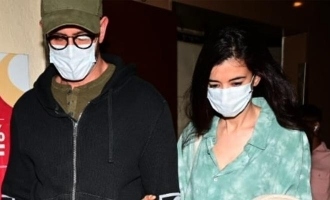
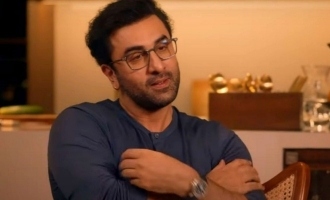

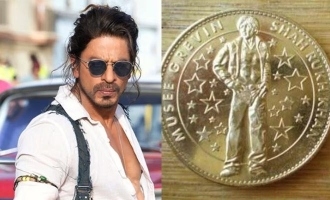
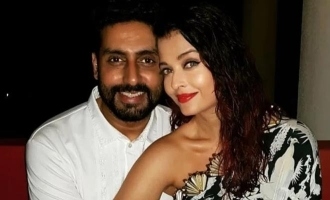

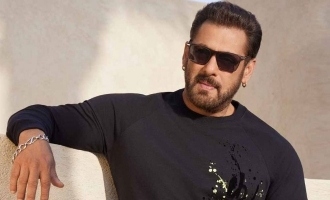

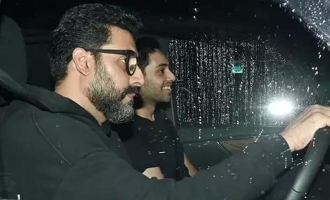
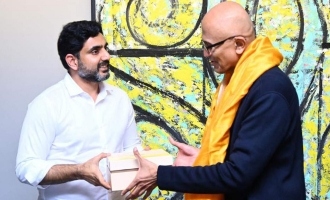
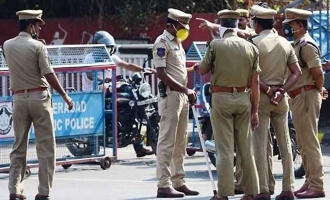
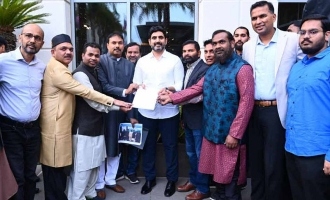
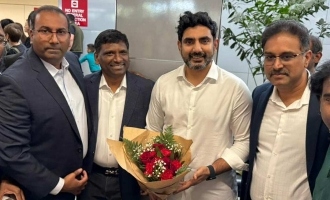
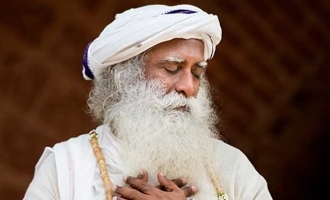
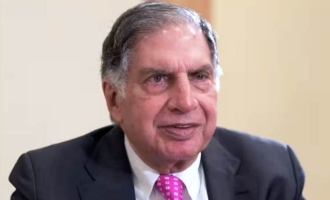
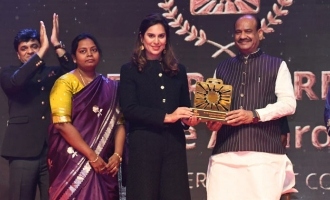

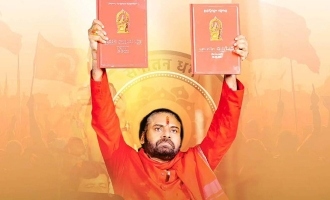
-a3e.jpg)
-3c4.jpg)
-e5c.jpg)








